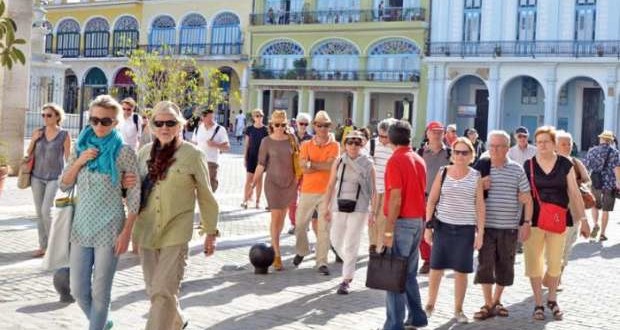Language barriers
Traveling benefits include trying different foods, cultures and different ways to do things. Knowing new habits and traditions changed our life and our perspective of life. Although speaking new languages is an interesting and enjoyable experience, you will feel worry if you find yourself in foreigner country and you can’t communicate with people and can’t obtain any services. I visited many countries and spoke English and Spanish. Most recently, I traveled to Germany and Austria the Czech Republic although, I expected that I would not have difficulty dealing with people using English – only few people I met, were able to understand my English language and I could not understand the German language also.
Translation of the museum website was unprofessional. Website of the museum, which tourists use to book ticket, is only available in English and German. What about thousands of tourists who speak Chinese, Japanese or Spanish. unfortunately, they may feel uncomfortable as I felt during my visit to one of the most important museums in the world, because when I am trying to book a ticket, I can’t do it in English. You can just book a ticket in German. So I felt worry because I didn’t understand German. You will face translation problem at the train station and when purchasing food as well.
Because you found all the information written in German. We felt lost and had to ask people about directions several times to find our way. When you order food, you may get different order. Because of the language barrier, with a lack of understanding of the signs, and also there is not effective communication with people.
I decided to get language support to translate brochures in tourist places, restaurant menus, and even banners in the pastry shop, Which made my trip so much easier. I would like to point out that there are many tourist places suitable for tourists, and it provides a translation for everything that a tourist will need.
City-supported Tourism Industry
Prague in the Czech Republic is one of the best cities for tourists. Wherever we go we find brochures, tourist guides and instructions available in many languages, so everything for tourists and tourism have been translated into many languages where information is provided effectively to tourists in the language of their choice.
I was impressed with the Prague city’s, wherer multilingual content available to tourists, especially after the limited translation options I found in Berlin. Church brochures translated into 16 languages are found in a Catholic church. The introductory booklet has been translated into 15 languages so that you can visit the tower of the Old Town Square in Prague. We were able to visit one of the oldest astronomical clocks, using a translation brochure in our language. These visits were more enjoyable as we learned about the places and their history because we were able to obtain information in our native language.
Cities open for all visitors from all countries
In Vienna and Austria, we also found that these cities are able to deal with tourists in various languages and provide their own translation services. There is a real awareness of the importance of providing culture, history and art in the language of tourists. This is also included in the numerous pictures below of brochures translated into many languages, hotel listings, and city tourist buses with many translated brochures explaining the city’s attractions. In addition to providing museums with many multilingual maps and brochures to explain their archaeological treasures as shown in the pictures taken in Vienna.
Providing Variety of languages
This trip to Central Europe made me directly aware of the importance of translation services for the travel and tourism industry. People working in tourism can help keep it a thriving industry by providing the languages of their clients.
